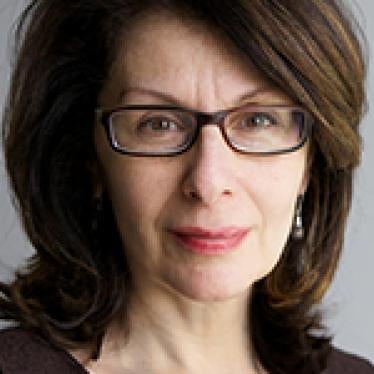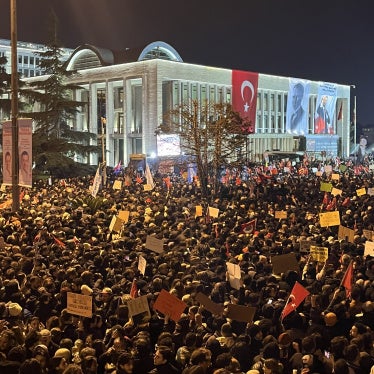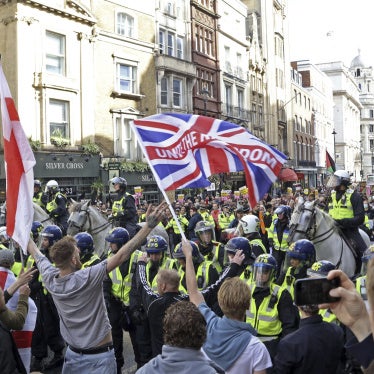Too often, the nightmare in the central Asian state of Turkmenistan is treated as though it were comedy. The antics of the country's autocratic leader, Saparmurat Niyazov, are certainly bizarre: he changed the names of the months in honour of members of his own family, and he had a gold statue of himself put on top of a building in his capital - a statue that revolves so it always faces the sun.
Such absurdities tend to mask the fact that Turkmenistan has one of the most repressive regimes in the world, one that ranks alongside Burma and North Korea but attracts far less international condemnation.
The arrests in mid-June of human-rights defenders and their relatives illustrate how closely Niyazov still adheres to the abusive practices of the old Soviet Union.
Two of those arrested had committed the crime of attending human-rights training in Poland and Ukraine, and one, Annakurban Amanklychev, had been given a video camera so that he could help make a film for French television about the situation in his country.
The government has turned this into a fully fledged spy scandal, accusing Amanklychev of being part of a foreign plot to destabilise Turkmenistan. And after the arrest of another human-rights activist, Ogulsapar Muradova, who was accused of "participation in illegal acts", the authorities detained three of her children because they had the temerity to report her arrest to foreign diplomats.
These arrests are just the latest examples of the government's intolerance of dissent. Under Turkmen law, sowing doubt about government policies or Niyazov (who has been appointed president-for-life) is tantamount to treason. In true Soviet style, dissidents are sent into internal exile, forced out of their homes or detained in psychiatric hospitals. Torture is common.
Religious believers, particularly followers of faiths other than Sunni Islam and Russian Orthodoxy, have faced criminal prosecution, police beatings and, in some cases, demolition of their places of worship.
The Turkmen government is one of the few in the world that is deliberately pushing the social and economic development of its people backwards. Several years ago, it reduced the time spent in compulsory education. More recently, it dismissed an estimated 15,000 healthcare workers and replaced them with military conscripts. Turkmenistan is rich in natural gas, but most of the population lives in poverty.
The European Union once reacted strongly to these things, but at the moment it is busy pursuing a trade agreement with Turkmenistan. The European Parliament claims it will "increase leverage" on human rights; but if that is the strategy, it isn't proving very effective - Amanklychev and the others were arrested just days before a European delegation arrived in Ashgabat to discuss the proposed agreement.
The European Parliament also offered the excuse that it does not wish to isolate Turkmenistan. However, it is the Niyazov government itself that has seemed bent on creating one of the world's most closed societies.
Europe's treatment of this country stands in stark contrast to the tough stance it has taken with another former Soviet state in thrall to an autocrat: Belarus. But then, unlike Belarus, Turkmenistan is a potential supplier of gas. The hypocrisy will not be lost on the Turkmen people, who find nothing funny about their present predicament.









